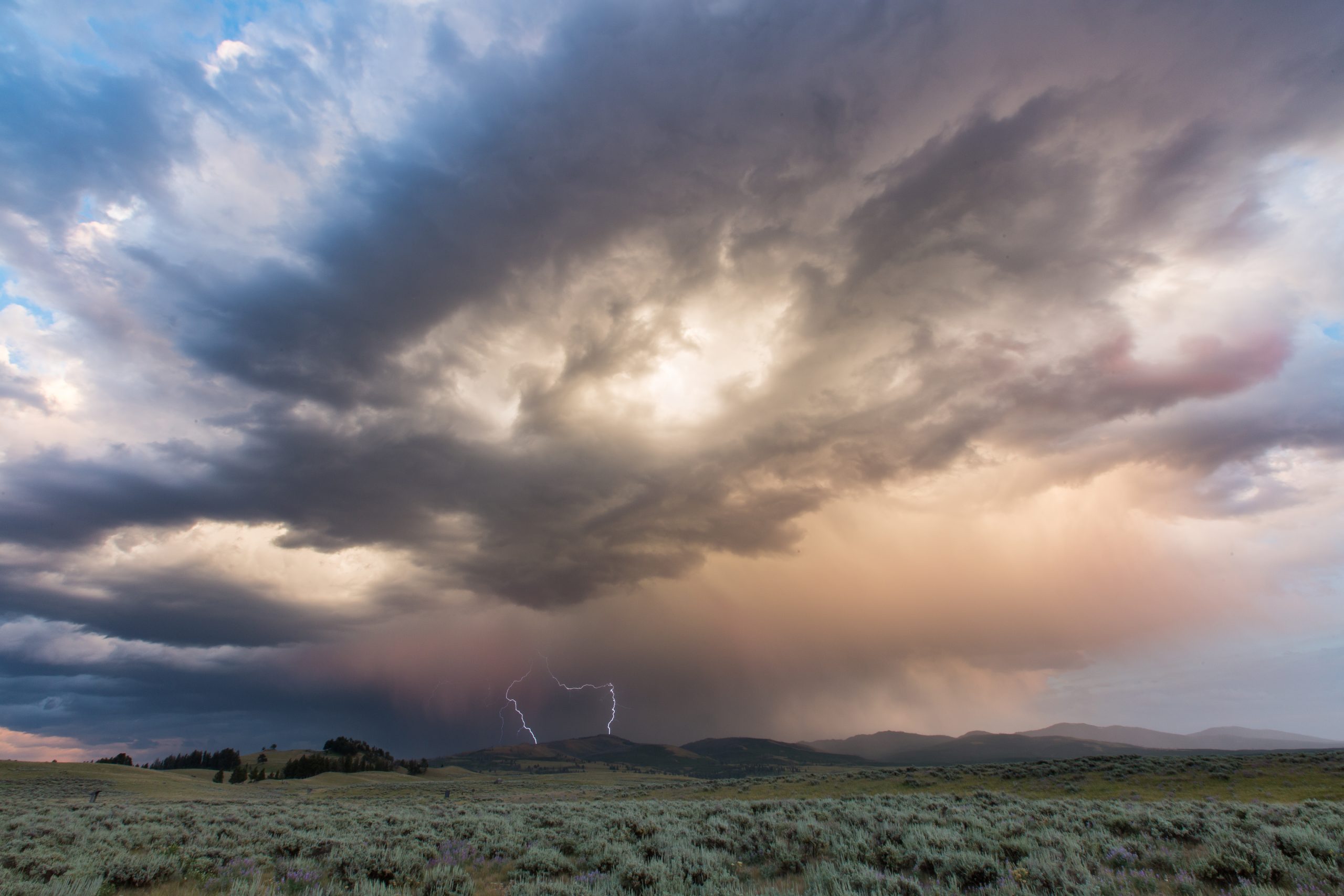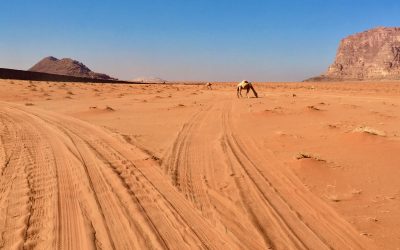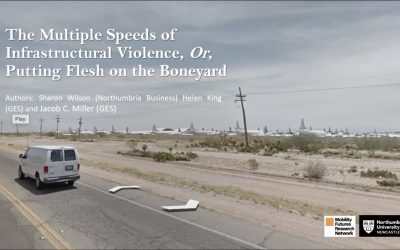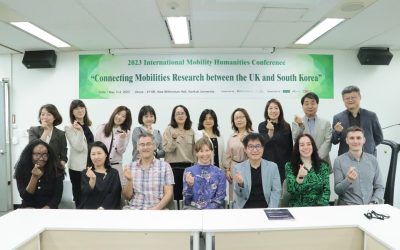As HK professor at the Academy of Mobility Humanities (AMH) at Konkuk University, Seoul, Korea, which was launched in 2018 to promote mobility studies from a humanities perspective, I am primarily focused on designing AMH’s research plans, publications, and international events, as well as writing about the entanglements of mobility, modernity, colonialism, and emancipatory politics within the context of modern Korean literature in Japanese colonial era from 1910 to 1945. Also, I (co-)translated several English books into the Korean language: including Bakhtin’s Prosaics (1990) by Gary Soul Morson and Caryl Emerson, Adaptation Theory (2012) by Linda Hutcheon, Against Hybridity (2015) by Haim Hazan, and Mobility and the Humanities (2018) edited by Peter Merriman and Lynne Pearce.
In late January 2020, around the beginning of the global spread of COVID-19, I flew to Lancaster, United Kingdom, to meet with scholars specialised in mobilities studies to initiate potential collaborations between AMH and CeMoRe, and gain insight into their experiences with the publication of their journal, Mobilities as we at AMH were preparing to publish our own journal, Mobility Humanities. The day after arriving there, I met Monika Büscher and Lynne Pearce, and was heartened by their warm reception and hospitality despite depressing news emanating from my country. Yet the positive energy gave me confidence that my trip would conclude successfully and satisfactorily. Although I bombarded my two hosts with many queries, they did not cease to show warmth even for a moment, and took good care of me for a month. I will never forget it.
While in Lancaster, I had the opportunity to meet with other eminent scholars from CeMoRe and discuss mobilities studies as it stands today, which includes climate emergency, future mobilities, mobility justice, and mobility humanities. Meanwhile, as our collaboration developed, we discussed signing an MOU between the two institutes — which was just signed in May 2020 by the representatives of both Universities — and agreed to co-host an international mobilities research conference 2022 at Lancaster University, where Western and Asian scholars could exchange opinions about our mobile future across disciplines and beyond borders.
Regarding the complicated processes of journal publication, an administrator of journal Mobilities, Pennie Drinkall, graciously shared her rich experience and knowledge with me and answered lots of my questions. Her valuable advice will be helpful in launching our new journal, Mobility Humanities.
In mid-February, staff and other members of the Lancaster University community were striking in protest against poor teaching and working conditions — conditions affecting most of the universities in the UK — which would inevitably reinforce a falling-off in the quality of research and education of universities. Once, by attending a gathering called a “Teach-Out,” a which was held outside the university, I had a chance to consider how dire today’s academic situation is, recalling the grave prediction that 30% of Korean universities will be closed within five years. In addition, given that a great number of victims of COVID-19 today were closely related to the administration of public services according to an economic principle of profit-making, attempts to defend the education and research without exploitation should not be suspended.
Retrospectively, thanks to generous people I met during my sojourn in Lancaster, the experience has remained as an unmeasurable pleasure in my memory. Unfortunately, the notorious UK storms — Ciara and Denison, this year — prevented me from moving freely, defeating one of my plans. While I had travelled across the UK from Edinburgh to London to Brighton by train, I failed to go to Aberystwyth because the railways were out of service due to heavy floods. In light of much loss of life at that time, my failure to travel represents a mere trifle. Instead, what I experienced anew is that, despite human boasts of technological advancement and mastery of our planet, humankind undeniably is a small part of nature’s tableau and, accordingly, should be modest in the face of it.
Now, as I write this piece in my office in Seoul, facing the global spread of COVID-19 which threatens our everyday lives, as well as our world itself, I cannot imagine, or even surmise, how our society will be reorganised after the pandemic. However, despite lots of difficulties, we, as scholars, should not suspend our academic works but rather work to understand, analyse, and share our insights with the world at large.
Cover image by Neal Herbert. Used under a CC BY-NC 2.0 license




